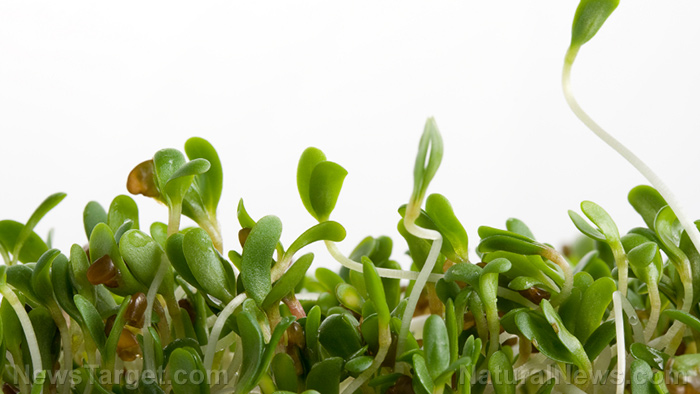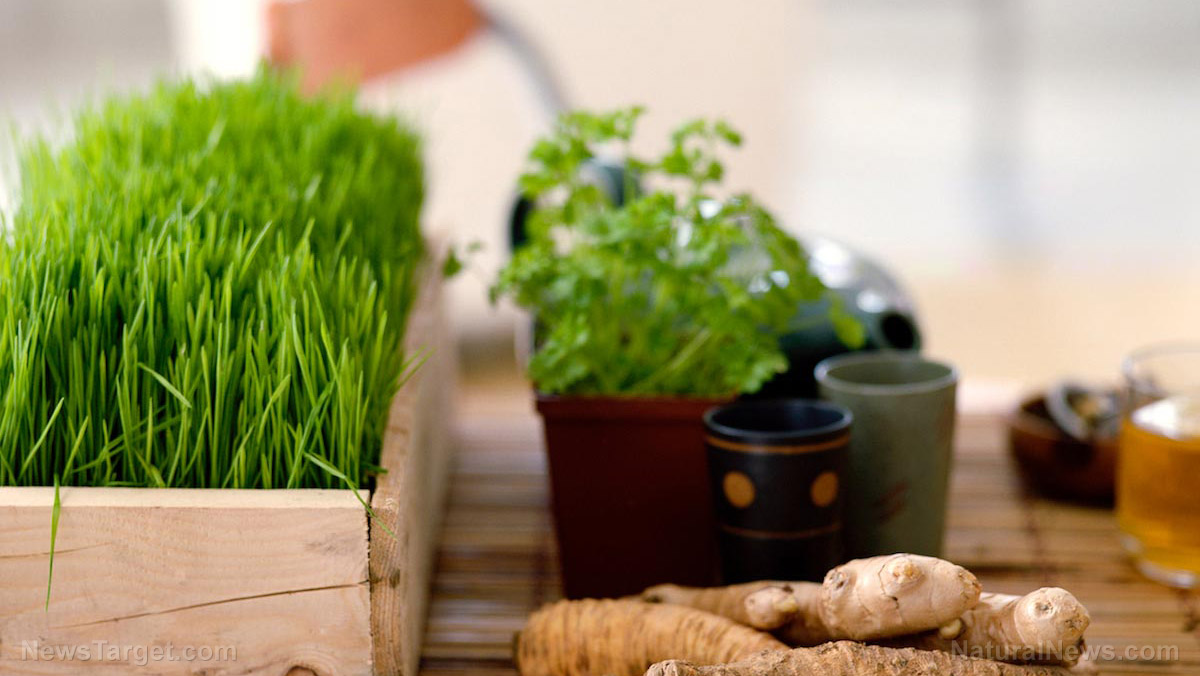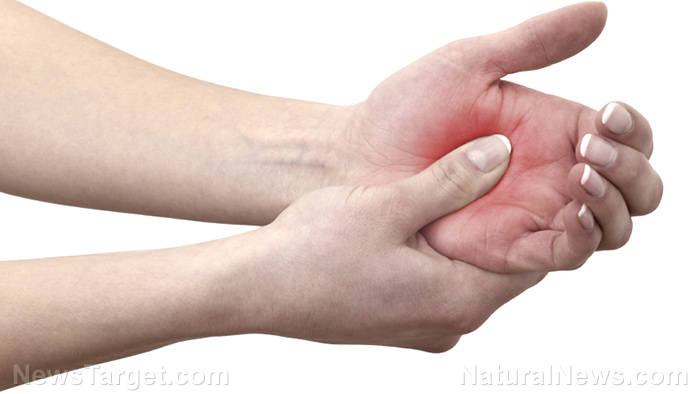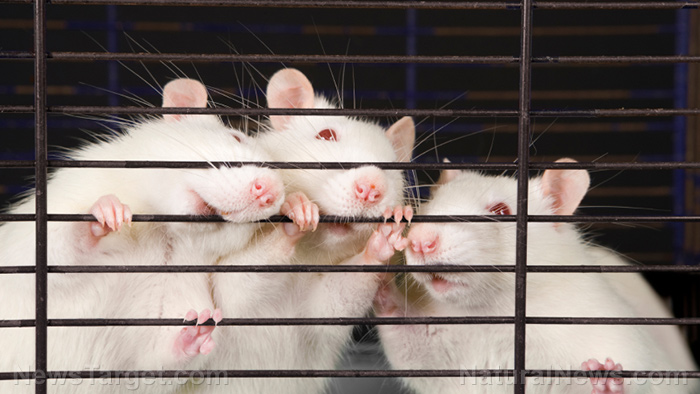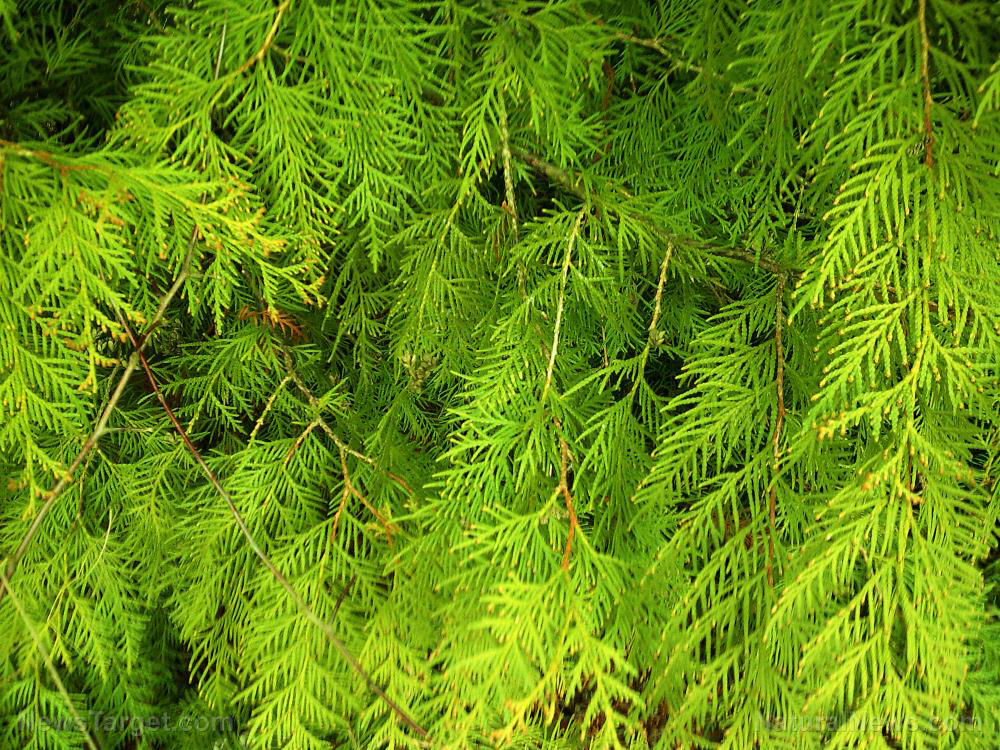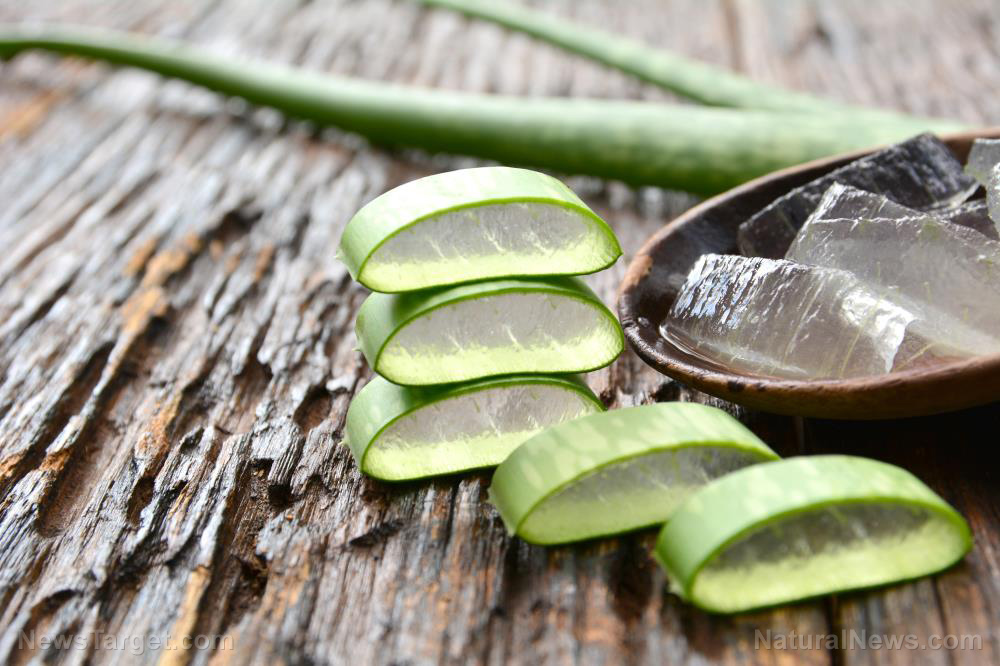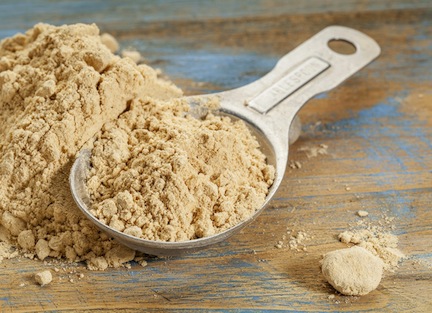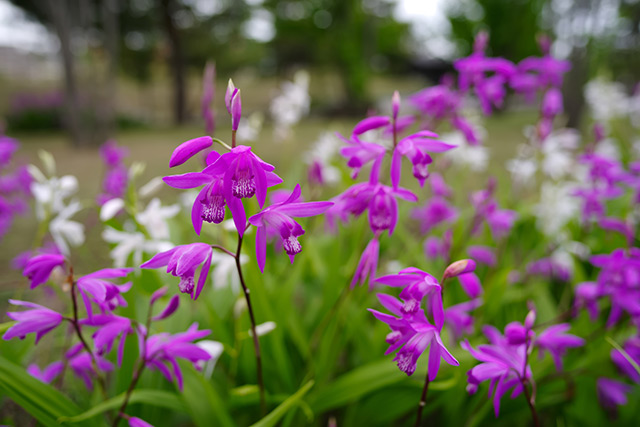Botanical review concludes the effectiveness of a popular TCM in treating conditions related to chronic inflammation
11/19/2018 / By Michelle Simmons

Viola yedoensis, also known as Zi Hua Di Ding in China and Hojebigot in Korea, is a popular traditional Asian medicine used to treat conditions related to inflammation. The anti-inflammatory effects of this medicine have been scientifically proven in a study published in the journal BMC Complementary and Alternative Medicine.
Zi Hua Di Ding is a popular medicinal herb used in traditional oriental medicine for treating inflammation-related diseases, such as swelling, sores, boils, furuncles, carbuncles, snakebites, and acute and chronic hepatitis. This medicine is made in the southern regions of Korea, China, and Japan.
Because the anti-inflammatory effects of Zi Hua Di Ding have not yet been studied, a team of researchers from the Korea Institute of Oriental Medicine and Korea University evaluated the anti-inflammatory properties of Zi Hua Di Ding on macrophages. In addition, they aimed to identify the bioactive components of this traditional medicine.
In the study, the research team discovered that the extract of Zi Hua Di Ding exerted anti-inflammatory activity by stopping the production of key inflammation mediators and related products. It also suppressed pro-inflammatory signaling pathways. The research team also identified two bioactive compounds in Zi Hua Di Ding, namely isoschaftoside and pyranoside. However, the role of these compounds in inflammation needs further studies.
Based on the findings of the study, the researchers concluded that Zi Hua Di Ding contains strong anti-inflammatory activities, proving that it can be used as a potential anti-inflammatory agent.
Mother Nature's micronutrient secret: Organic Broccoli Sprout Capsules now available, delivering 280mg of high-density nutrition, including the extraordinary "sulforaphane" and "glucosinolate" nutrients found only in cruciferous healing foods. Every lot laboratory tested. See availability here.
Other anti-inflammatory herbs
Chronic inflammation has been associated with various diseases, such as cancer, diabetes, Alzheimer’s disease, heart disease, and attention deficit disorder (ADD). Fortunately, there are many herbs and spices that can help reduce or prevent inflammation in the body. An article published in EcoWatch.org revealed that the following herbs and spices exhibit anti-inflammatory properties:
- Black pepper: Black pepper contains piperine, a chemical responsible for giving black pepper its distinctive flavor. This spice has been shown to reduce inflammation and help stop the spread of cancer. It has also been revealed to inhibit the perception of pain and arthritis symptoms.
- Chili peppers: Chili peppers contain capsaicin, the compound that makes pepper hot. This compound has an anti-inflammatory effect on the body. Chili pepper can be consumed fresh or powdered. There are also supplements that contain capsaicin.
- Frankincense (Boswellia serrata): Frankincense is a resin that has anti-inflammatory, anti-arthritic, and pain-controlling properties. It is typically used to treat degenerative and inflammatory joint disorders. For ongoing inflammatory conditions, it is advised to take 300 to 500 milligrams fo its extract two to three times a day.
- Green tea: Green tea has been shown to fight against cardiovascular disease and cancer. It has also been proven to be an effective anti-inflammatory, especially in treating arthritis. Moreover, it can decrease inflammation in the digestive system. Drinking three to four cups of green tea every day is recommended. There are also green tea extract supplements available.
- Maritime pine bark: Maritime pine bark, which is used to make pycnogenol, has been used for over 2,000 years as a treatment for wounds, scurvy, ulcers, and vascular inflammation. Pycnogenol is 50 to 100 times more powerful than vitamin E in eliminating free radicals in the body.
- Turmeric (Curcumin): Curcumin is the yellow anti-inflammatory agent in turmeric. Turmeric and curcumin have been used in Ayurvedic and Chinese medicines to reduce inflammation and treat digestive problems, wounds, and infections. Research has also shown that curcumin acts as an antioxidant and may fight cancer. Turmeric can be used fresh or powdered, while curcumin can also be found in supplements. (Related: Five best natural anti-inflammatory herbs.)
- White willow bark: This herb has been used to treat pain and inflammation way back the ancient Egyptian and Roman times. According to many studies, white willow bark is as effective as aspirin, except that it is natural and does not cause severe side effects. White willow bark can be found in herbal blends.
Read more news stories and studies on the various diseases that can be treated with TCM at ChineseMedicine.news.
Sources include:
Tagged Under: alternative medicine, anti-inflammatory, herbal medicine, Herbs, Hojebigot, natural cures, natural medicine, natural remedies, Viola yedoensis, Zi Hua Di Ding


